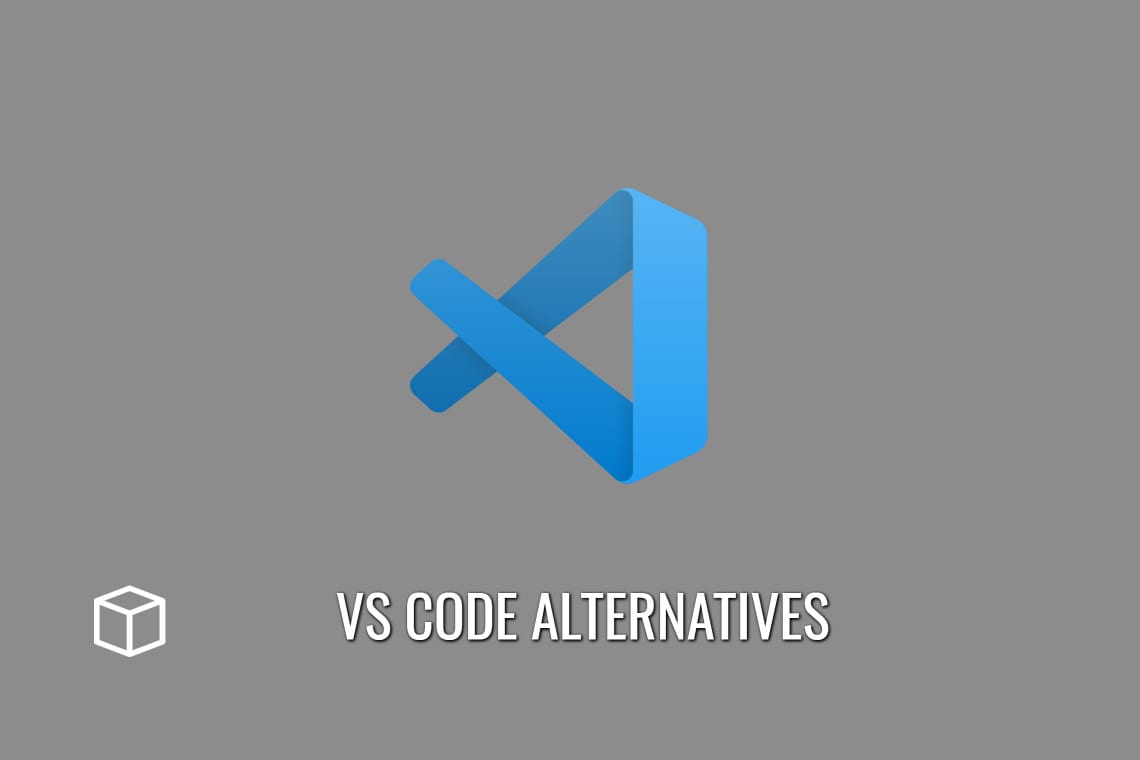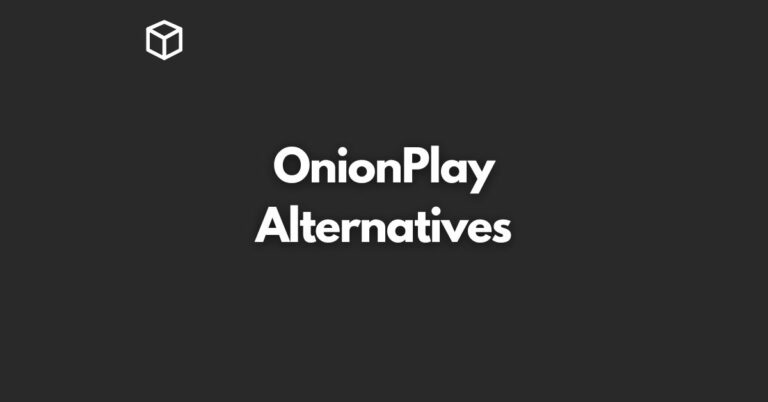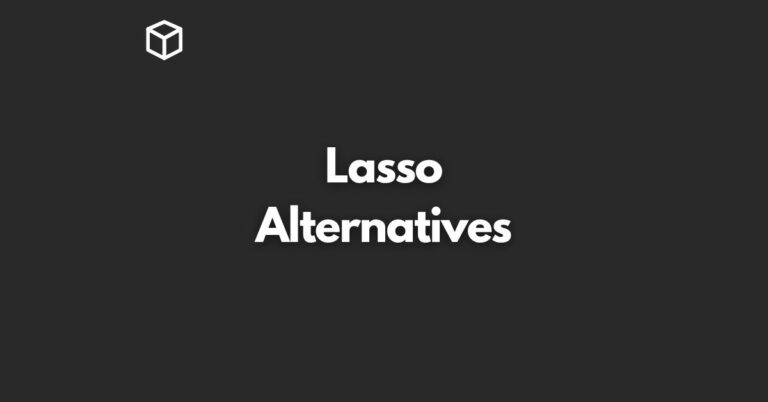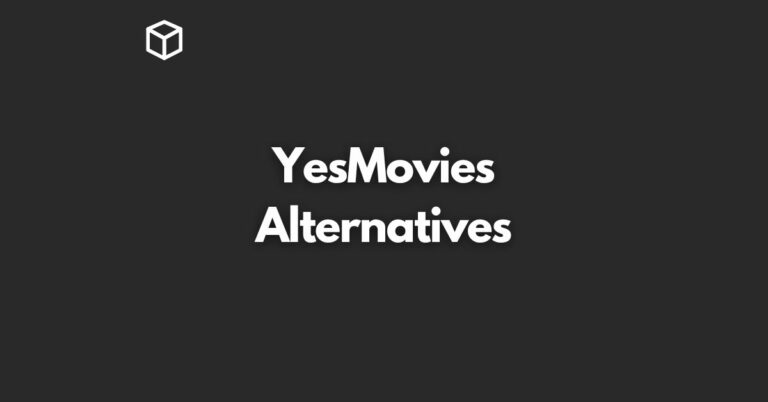Visual Studio Code or VS Code is a source code editor or IDE that was first released under the MIT License on 25th April 2015.
One of the main objectives of Visual Studio Code is to provide a lightweight yet powerful, fast editor with lots of useful features for developers.
In the last few years VS Code has taken a major place in the IDE world, especially among Kotlin users.
In this article, we have listed down some of the best alternatives to Visual Studio Code (VS Code) that will be useful for you to code better.
Let’s get started!
Top Visual Studio Code Alternatives
Here are the 9 best VS Code alternatives for you:
1. Sublime Text
Sublime Text is a sophisticated text editor for code, markup and prose.
It provides amazing features for navigating large files with ease, offers great coding features including robust language support, powerful packages for building better code, beautiful themes that show you the code in the best light.
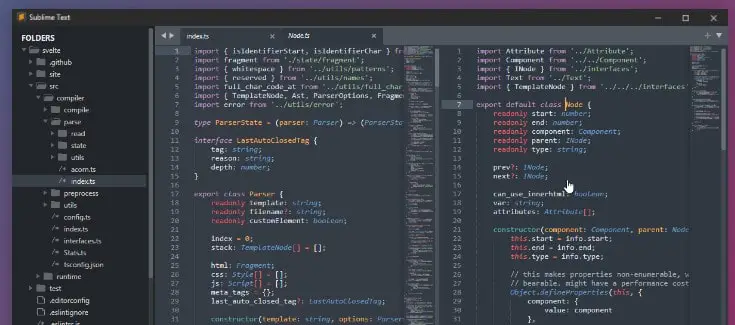
It’s available on OS X, Windows and Linux.
It comes with tons of features:
Multi-caret editing – Multi-carets are easy to do in Sublime, they are literally part of the “multiple selections” feature.
Multi-carets are easy to do in Sublime, they are literally part of the “multiple selections” feature.
Brilliant file management – Navigating between files and moving them around is a breeze in Sublime. Navigating between files and moving them around is a breeze in Sublime.
Great keyboard shortcuts – There are many built-in keyboard shortcuts which make coding faster. You can easily define custom ones as well.
Plugins – There are many plugins which you can use to extend Sublime’s functionality. One can easily switch between tabs with extensions.
Installation – The best way to install sublime is from the official website. After you have downloaded it, open the file and drag-drop Sublime’s icon into Applications folder in OS X or in Window’s shortcut bar.
For Linux users, download the package that fits your need and run the following command in terminal (assuming you are on Ubuntu): ~$ sudo dpkg -i sublimetext*.deb
After installation is over, open Sublime by navigating to your Applications folder and double-clicking on Sublime’s icon. You should be welcomed with an empty tkinter window which says “Welcome to Sublime Text”.
2. Atom
Atom is a text editor that is built on Electron and supports plugins, themes, and languages. It was created by the GitHub team.
It has support for programming features such as autocompletion, linting, and debugging. Edit-d’s IDE provides a GUI where basic functions can be accessed and used to write code.

It can be installed by downloading the Atom application from https://atom.io/ or Github, where it also gets updated daily.
Atom has various features for programming language processing. For example, the autocompletion feature suggests words while typing.
It also highlights syntax of languages and is “optimized for developing with multiple languages”. There are also plugins which can be used in place of the system’s terminal. Other standard IDE functions like version control (like Git) or snippets are also available.
Install Atom, and open the IDE to use it like an ordinary text editor. However, if you write code in it, you can see that there is a toolbar at the bottom of the view where various programming functions are set out.
For example, debugging specific lines of code or linting (checks for errors) and so on. Atom also supports external tools and APIs, and there are a number of plugins available to make it compatible with other functions.
In addition, Atom has been used as framework for programming games or picture editing software.
3. Notepad++
Notepad++ is a free and open-source general-purpose text editor with features like tabbed interface, automatic text encoding detection, and syntax highlighting.
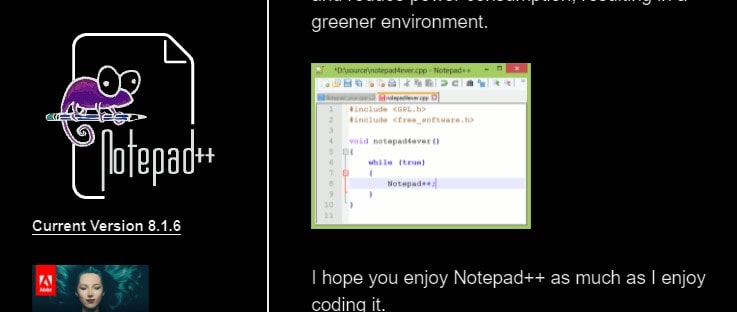
It is an extended clone of Notepad with many features. The standard features of Notepad++ include tabbed browsing, folding/outlining for programming languages, filename encoding, color syntax highlighting, customizable hotkeys, and support for macro recording and playback.
It also provides support for spell checking via aspell, and has a built-in text file comparison tool. Notepad++ is free software.
It is best known for its implementation of a multi-line tabbed text editor with features found in source code editors.
The software works on Windows, Linux, FreeBSD and macOS. It was originally written by Don Ho in April 2005.
You can download it here: https://notepad-plus-plus.org/download/
4. VSCodium
VSCodium is a free and open-source version of Visual Studio Code that can be used for software development on Windows, macOS, and Linux. Microsoft has partnered with the community to release this version of Visual Studio Code.
VSCodium is an excellent alternative to other expensive tools like Xcode or Android Studio. It has all the features you need to develop your next big thing without breaking the bank.
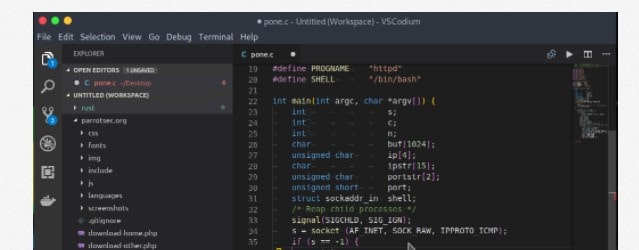
The best part about this tool? You don’t have to be a programmer! Anyone who wants to learn how to code will find it easy with VSCodium because it includes intuitive shortcuts and intelligent coding assistance.
VSCodium also supports extensions so that you can customize your experience by adding new functionality from third party developers.
5. Eclipse
Eclipse is a free, open-source IDE for Java and other programming languages.
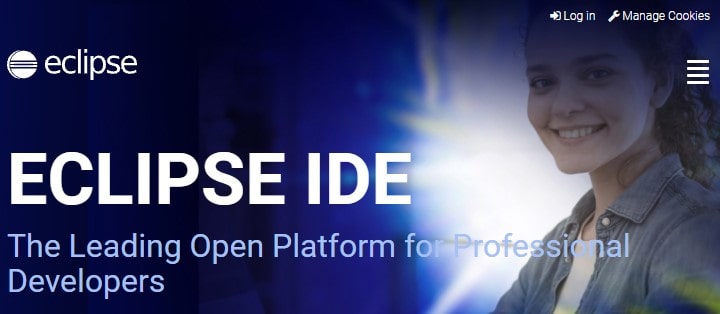
Eclipse has been around since 2001 and has grown to be one of the most popular IDEs in the world. It’s used by over 1 million developers worldwide.
Eclipse is available on all major platforms including Windows, Linux, Mac OS X, Solaris, FreeBSD and AIX.
The latest version includes support for Android development with Google’s new Android Studio IDE as well as improved PHP development tools.
6. Geany
Geany is a text editor using GTK+. It was developed to provide a small and fast IDE, which has only a few dependencies from other packages.
It is available in over 40 languages and has built-in support for over 50 programming languages. It operates on Linux, Windows, and MacOS.
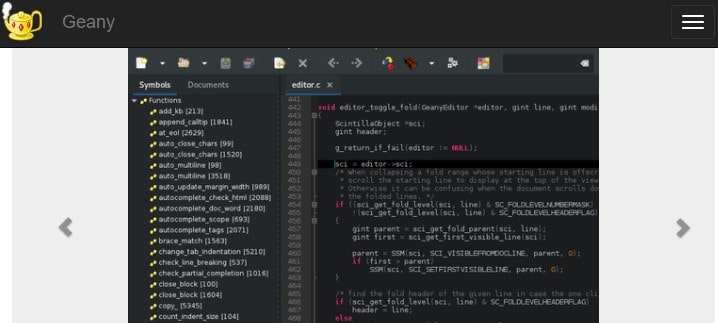
It supports many filetypes and has some nice features.
- Geany can open multiple files at once.
- Geany is lightweight, it has a small RAM footprint, and needs little CPU power.
- Very fast start up time.
- Intuitive keybindings.
- Customizable interface.
- Customizable syntax highlighting.
- Geany has a plugin system.
- Easy to use interface, doesn’t have much as dependencies as other IDEs.
- It is an Integrated Development Environment based on Scintilla and GTK+.
7. Vim
Vim is a free and open-source, screen-based text editor program for Unix.
Bram Moolenaar written Vim, which stands for Vi IMproved.
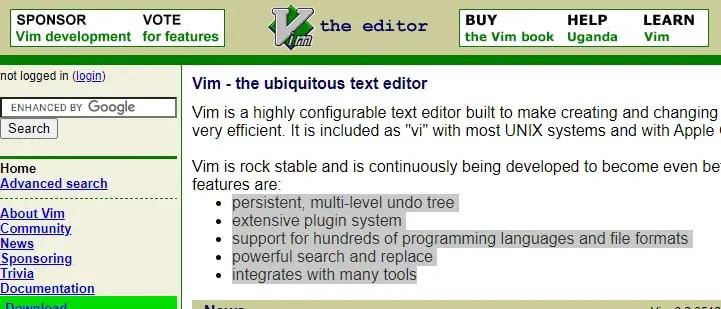
It comes with Linux, BSD, and macOS. It’s recognized for being quick and strong, thanks to the fact that it’s a tiny application that can run in a terminal. It’s mostly because it can be used fully without the need of menus or a mouse.
It is often used for code editing, but also caters to language-specific editing needs with packages like LanguageTool. It has, however, many uses as an application with its own GUI people interface.
Some of the Features are:
- Persistent and multi-level undo tree.
- support for hundreds of programming languages and file formats thanks to a comprehensive plugin system.
- comprehensive search and replace.
- Works with a variety of tools.
So that’s our pick for you to try as alternatives of VS Code.
Frequently Asked Questions
How to download Visual Studio Code (VS Code)?
You will be asked to choose a few options during installation, but the default options should suffice. There is no need for root access as Visual Studio Code installs locally by default.
What can I use instead of Visual Studio Code?
You Might Also Like
- Free Anime Websites to Watch Anime Online
- What is WhatsApp Web and how it works?
- What is KickStarter and how does it work?
- What is Khan Academy and how does it work?
- What is Udemy and how does it work?
- What is WhatsApp and how does it work?
- What is a Web Browser and how does it work?
- What is a Firewall and how does it work?
- What is Kubernetes and what it is used for?
- GitHub Alternatives
